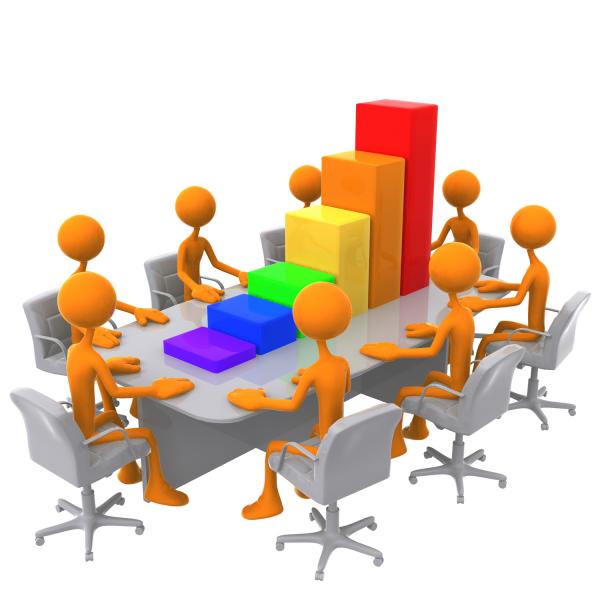The Institute of World Policy conducted a survey among almost 180 officials, Ukrainian and foreign experts, diplomats, journalists and active citizens on which issues should be covered in 2013.Unsurprisingly, the European integration issues are the most popular among the respondents being closely followed by advocacy campaign on EU integration and the post-Sovietness dismantling. The Institute also received almost 40 research proposals which will be taken into consideration next year. In this way, the IWP is forming its agenda for 2013, based, first of all, on your expectations. The Institute of World Policy will be grateful to development partners for providing support in conducting research and implementation of projects on the selected issues.
Below, the IWP presents the TOP-15 most voted research and advocacy issues.
On which issues should IWP conduct deeper research and advocacy in 2013? (please select maximum 5 options)
1. Implementation of the Association Agreement (Association Agenda) – 45,8%
2. Visa Liberalization process with the EU – 41,0%
3. Implications of the DCFTA provisional implementation in Ukraine – 41,0%
4. Advocacy campaign on why Ukraine should be in the EU (carried out in Ukraine with a focus on citizens) – 39,8%
5. Dismantling post-Sovietness in Ukraine, Moldova and Georgia – 31,3%
6. Expansion of Customs Union – 27,7%
7. Democratization: innovative global practices to revive democracy in Ukraine (e-democracy, deliberative democracy, etc) – 21,7%
8. China’s influence in Ukraine – 21,7%
9. Geopolitical priority of the middle-class in Ukraine, Moldova and Belarus – 21,7%
10. NATO related issues: a “roadmap” on how to move from non-bloc policy to MAP? – 20,5%
11. Assessment of the 2013 OSCE chairmanship of Ukraine – 20,5%
12. Transnistrian conflict: what could Ukraine do? – 19,3%
13. Russia’s soft power influence in the post-Soviet area: Georgia, Moldova and Ukraine – 18,1%
14. Russian Orthodox Church as a tool of influence in the post-Soviet space – 16,9%
15. Education – organize a school for young diplomats and civic leaders – 16,9%




Comments theme
Comments themeComments themeComments themeComments themeComments themeComments themeComments themeComments themeComments themeComments themeComments themeComments themeComments themeComments themeComments themeComments themeComments themeComments themeComments themeComments.